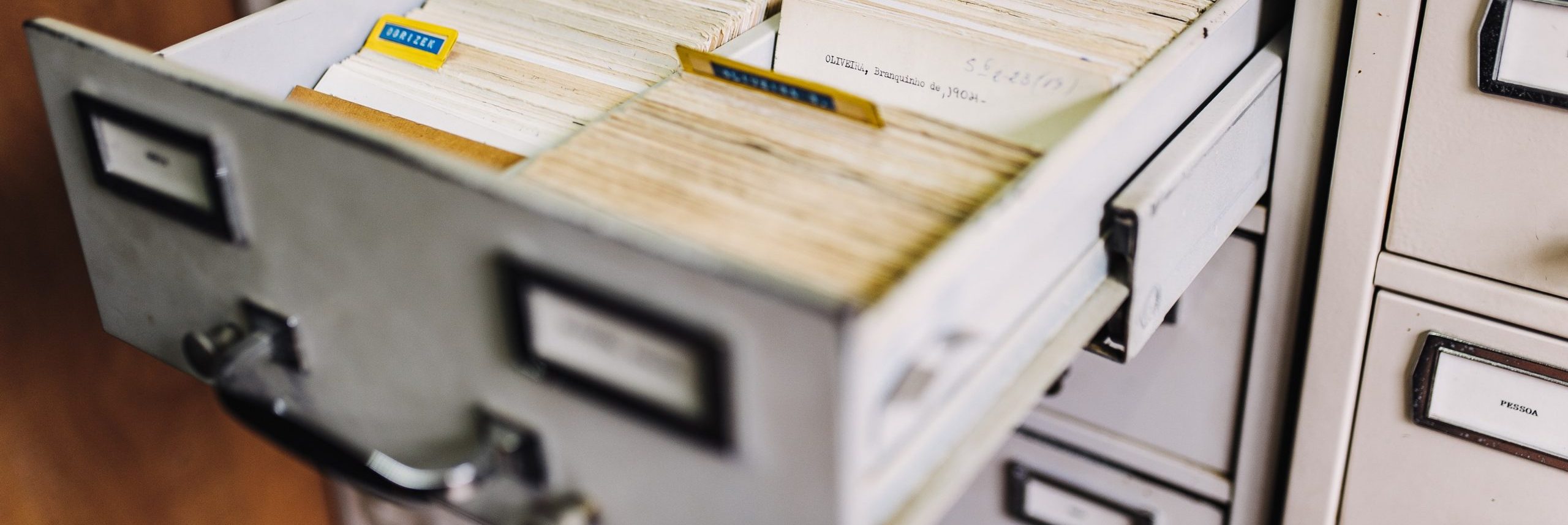


Review of Canada’s Tri-Agency Open Access Policy on Publications (2015)
https://doi.org/10.25547/19ZE-V830 Version française ici This observation was written by Caroline Winter and revised by Brittany Amell. With thanks to Elizabeth Kalbfleisch, Jessica Clark and Suzanne Beth for their feedback and contributions. At a glance: Title Review...
Le libre accès dans les sciences humaines au Canada : une conversation
Au cours de la dernière décennie, le libre accès a gagné le soutien des chercheurs et des décideurs politiques, avec un plaidoyer de plus en plus fort en faveur de l’accès gratuit en ligne aux travaux universitaires. Si l’intégration de politiques de libre accès au Canada reflète l’évolution rapide du paysage de l’édition, avec l’essor de la numérisation et le besoin pressant d’élargir l’accès, les obstacles à la généralisation du libre accès sont nombreux et complexes.

Open Access in the Humanities and Social Sciences in Canada: A Conversation
Over the last decade, Open Access (OA) has gained support among researchers and policymakers, with increasingly vocal advocacy for free online access to scholarly work. While incorporating Open Access policies in Canada reflects a rapidly changing publishing landscape, with the rise of digitalization and the pressing need to broaden access, the barriers to making Open Access a widespread reality are many and complex.

CRKN’s Decolonizing Canadiana Metadata Project
In January 2022, the Canadian Research Knowledge Network (CRKN) announced that the first phase of its efforts to decolonize the metadata in the Canadiana collections was complete. This three-phase project was initially set out as part of CRKN’s 2019–2024 Strategic Plan and falls under its first strategic goal, to “transform scholarly communication.” Specifically, CRKN aims to “lead by example by increasing the accessibility and decolonized discoverability of the dynamic Canadiana collections, ensuring that this unique content is available for research and personal use, now and for future generations” (CRKN 2019, 3).
